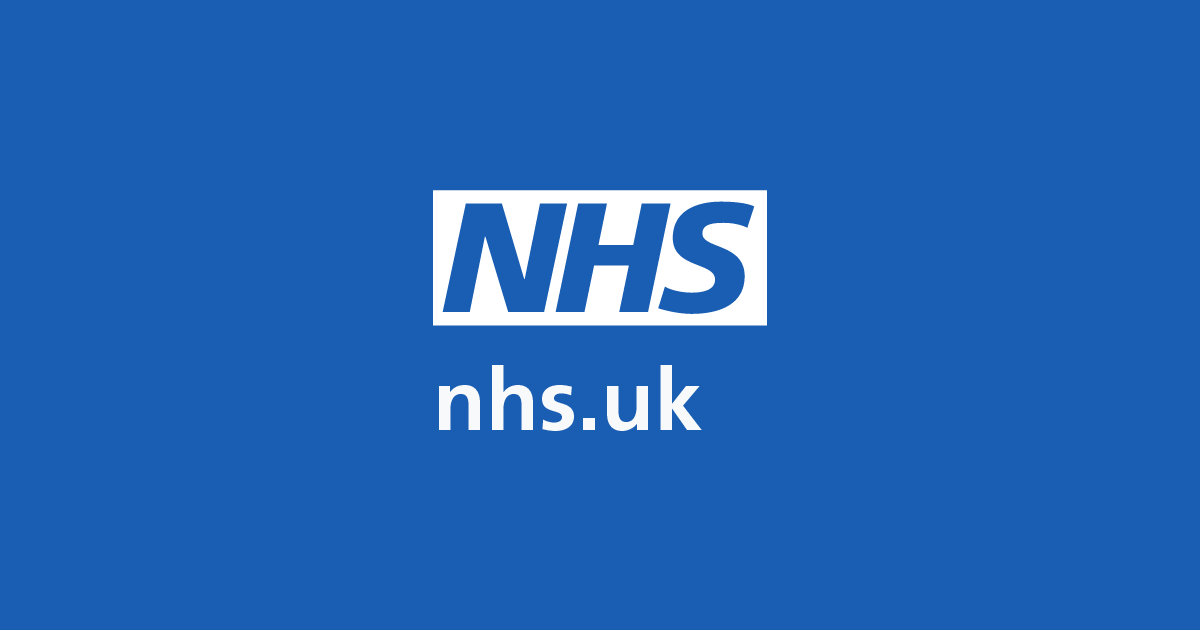Eddy Edson
Well-Known Member
- Relationship to Diabetes
- In remission from Type 2

Do Omega-3 Fatty Acids Benefit Health?
An important clinical trial of omega-3 fatty acids in patients at high risk of cardiovascular disease is published in JAMA.1 In the STRENGTH trial (the Long-Term Outcomes Study to Assess Statin Residual Risk with Epanova in High Cardiovascular Risk Patients with Hypertriglyceridemia), 13 078...
An important clinical trial of omega-3 fatty acids in patients at high risk of cardiovascular disease is published in JAMA.1 In the STRENGTH trial (the Long-Term Outcomes Study to Assess Statin Residual Risk with Epanova in High Cardiovascular Risk Patients with Hypertriglyceridemia), 13 078 patients were randomized to receive 4 g/d of a carboxylic acid formulation of omega-3 fatty acids (a combination of eicosapentaenoic acid [EPA] and docosahexaenoic acid [DHA]) or corn oil as a comparator. After a median follow-up of 42 months, there was no significant difference between the omega-3 fatty acid group (6539 patients) and the corn oil group (6539 patients) in the primary end point, a composite of cardiovascular death, nonfatal myocardial infarction, nonfatal stroke, coronary revascularization, and hospitalization for unstable angina. This end point was observed in 12% of the omega-3 patients vs 12.2% of the corn oil patients (hazard ratio, 0.99 [95% CI, 0.90-1.09]; P = .84).
...
By contrast, the results of STRENGTH directly contradict the results of the REDUCE-IT trial (Reduction of Cardiovascular Events with Icosapent Ethyl–Intervention Trial).3 In this clinical trial, 8179 participants were randomized to a high dose (4 g/d) of an omega-3 fatty acid preparation consisting of purified EPA (icosapent ethyl) or mineral oil as a comparator. After a median follow-up of 4.9 years, icosapent ethyl resulted in a 25% reduction in the primary end point, a composite of cardiovascular events, compared with mineral oil (icosapent ethyl, 17.2%; mineral oil, 22.0%; hazard ratio, 0.75 [95% CI, 0.68-0.83]; P < .001). In both trials, an increased risk of atrial fibrillation was observed.
Why did these 2 high-quality clinical trials, both using the same high dose of omega-3 fatty acids, come to opposite conclusions? One possibility is that in STRENGTH, a beneficial effect of EPA was offset by a detrimental effect of DHA. There is, however, no obvious biological rationale for this explanation, and it would be a remarkable coincidence that a putative beneficial effect of EPA and a detrimental effect of DHA would be virtually identical.
A second possibility is that in REDUCE-IT, icosapent ethyl did not reduce the risk of cardiovascular events, but instead, the comparator, mineral oil, increased the risk of cardiovascular events. In support of this explanation, the administration of mineral oil was associated with increases in LDL cholesterol, apoB, and high-sensitivity CRP, all of which may increase the risk of cardiovascular events. However, in a review by the US Food and Drug Administration (FDA) of the results of REDUCE-IT, the reviewers concluded that only a small fraction of the difference in outcomes between icosapent ethyl and mineral oil could be explained by a harmful effect of mineral oil.4
Only a new clinical trial of icosapent ethyl vs corn oil would settle the question definitively, but this is unlikely to be undertaken. Recently, 6 core patents on icosapent ethyl (Vascepa) owned by the manufacturer, Amarin Pharma, were invalidated by a federal court because the patents were deemed to be obvious at the time they were issued.5 The FDA has approved a generic form of icosapent ethyl, which is likely to substantially decrease the market for the brand name product, Vascepa, in the US.6 There is little incentive for Amarin to sponsor another large clinical trial, and the enigma of cardiovascular benefit from marine oils remains unresolved.
The question of whether omega-3 fatty acids improve health is important to patients, physicians, and the health care system. Even in the COVID-19 era, cardiovascular disease is the leading cause of death in the US. Improvement in cardiovascular outcomes has slowed, and the obesity epidemic that contributed to cardiovascular disease continues. Given the current uncertain state of knowledge, neither patients nor physicians can be confident that omega-3 fatty acids have any health benefits, yet in 2019 the global market for omega-3 fatty acids reached $4.1 billion and is expected to double by 2025. To resolve the discrepancy between STRENGTH and REDUCE-IT, the FDA should require a postmarketing clinical trial of high-dose icosapent ethyl vs corn oil in patients at risk for cardiovascular events. This is a critical next step to shed further light on this perplexing clinical issue and research question.

